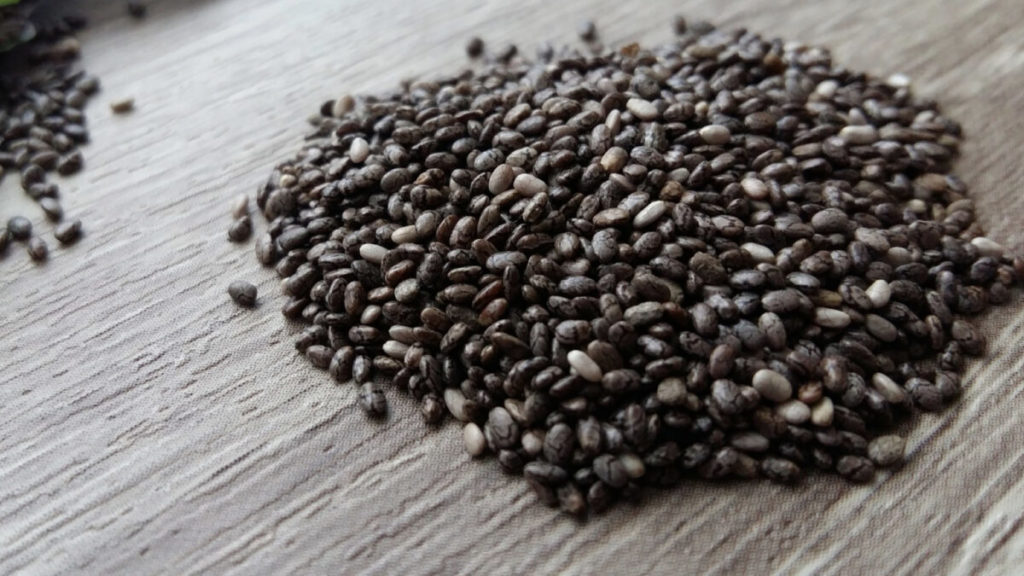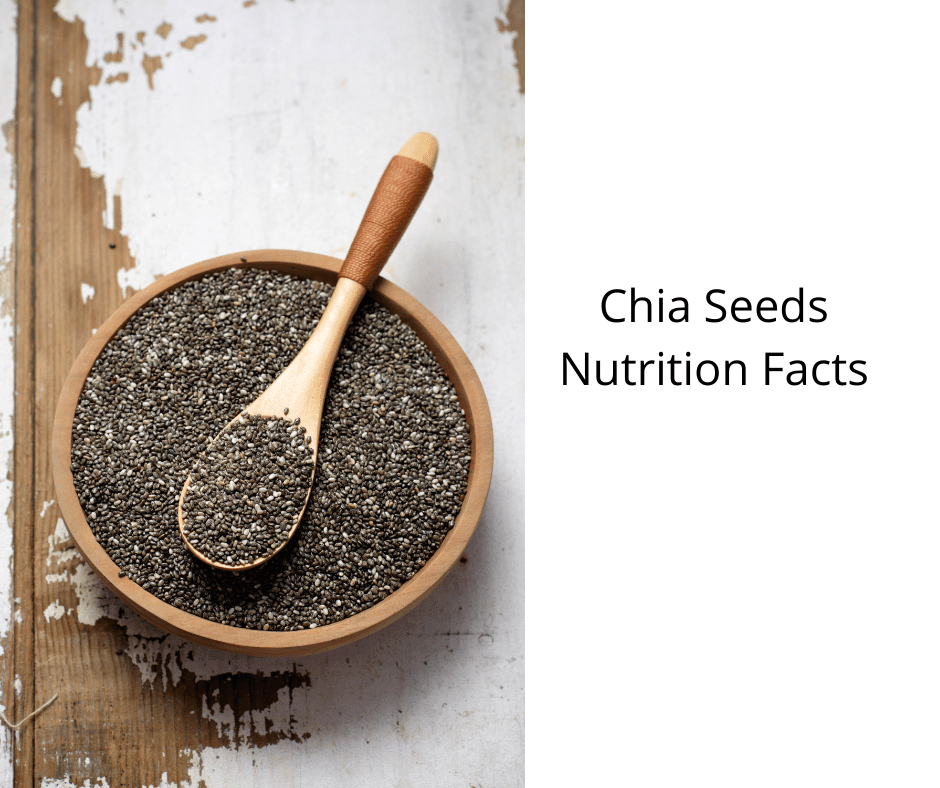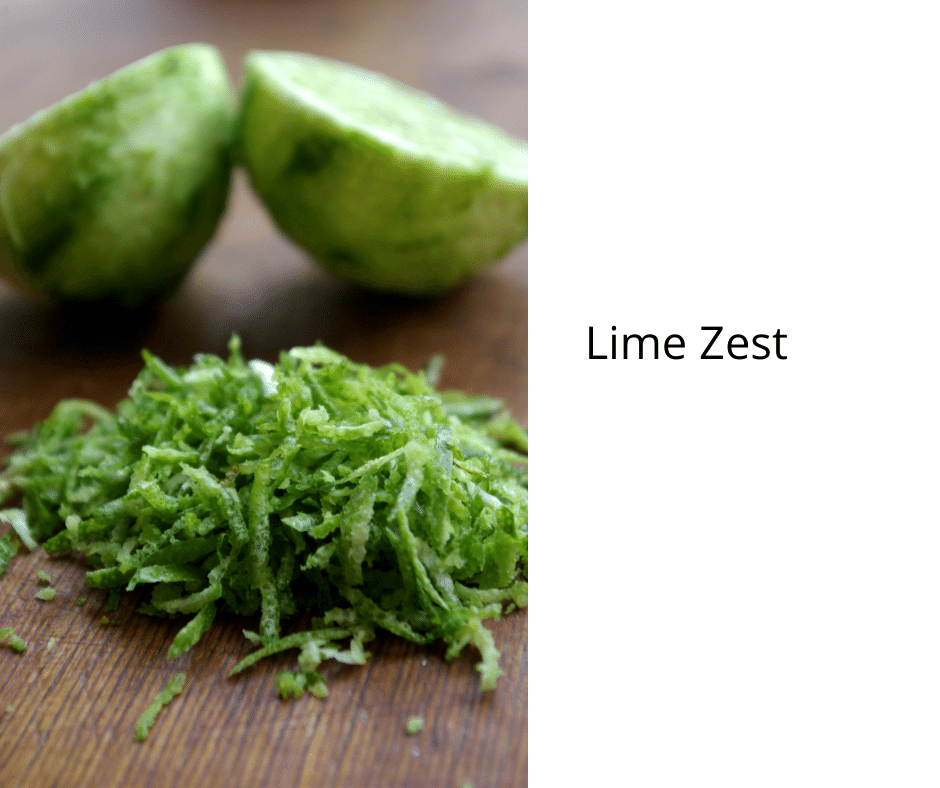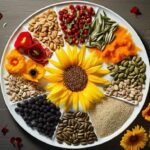The nutritional benefits of chia seeds come from their positive impact on the body’s health. Chia seeds are rich in insoluble fiber, which forms a gel-like coating when soaked in water, aiding in digestion. Furthermore, they are helpful in regulating blood sugar levels, which is advantageous for managing and preventing diabetes. Research has shown that chia seeds can also improve blood pressure in individuals with diabetes.
Branched-chain amino acids
The high level of omega-3 fatty acids and dietary fiber in chia seeds have contributed to its increased consumption. Still, this plant’s nutrient density has also attracted researchers’ attention. Recent studies have revealed that chia seeds are an excellent source of proteins and essential amino acids. These compounds may be helpful in the development of nutritionally enhanced products and diets specifically designed for people with specific medical needs.
The branched-chain amino acids in chia seed are an excellent source of protein, and they can be found in high amounts in various foods. These acids have increased muscle protein synthesis and reduced muscle breakdown. The seeds are also rich in soluble fiber, contributing to their filling effect. This means that chia seeds are an excellent source of protein and can easily be incorporated into your favorite post-workout smoothie.

Omega-3 Fatty Acids
The Omega-3 fatty acids in chia seed powder is a potent antioxidant, so it is not just a quick fix for cholesterol. This superfood also contains 4 grams of protein, 11 grams of fiber, and 180 milligrams of calcium. Chia seeds are rich in soluble fiber, which lowers cholesterol. They absorb more than 12 times their weight in water and are rich in antioxidants.
While the scientific community and media promote the benefits of long-chain omega-3 fatty acids, the truth is that the human body is not very good at converting short-chain chia seeds into long-chain forms of DHA and EPA. While your body can convert some short-chain omega-3 fatty acids found in chia seeds into EPA and DHA, the conversion rate is surprisingly low. On average, it converts ALA to EPA at a rate of just 0.2%, and it seems to be even lower for DHA.
Protein
Although there are no conclusive studies on whether chia seeds are a superfood, they contain reasonable amounts of protein and a balance of amino acids. These compounds are responsible for several beneficial effects on the body, including reducing calorie intake and promoting weight loss. This makes chia seeds an ideal choice for people who eat fewer calories than the average person. In addition, chia seeds are a good source of fiber, which helps keep blood sugar and insulin levels stable.
One of the best things about chia seeds is that they are rich in omega-3 fatty acids. They increase ALA, EPA, and DHA levels, which help reduce the risk for heart disease. Unfortunately, they don’t supply DHA, a crucial fatty acid to keep levels balanced. You should consult a doctor before consuming chia seeds if you’re on a diet with high omega 3s.
Antioxidants
Chia seeds are loaded with antioxidants. Antioxidants are important for fighting oxidative stress, promoting tissue repair, and protecting cells from damage. Researchers from Mexico discovered that chia seeds have a much higher antioxidant concentration than Salvia hispanica seeds. Antioxidant activity in these seeds stopped 70 percent of free radical activity. This makes chia seeds a great source of antioxidants and may help prevent premature aging by protecting skin cells from environmental damage.
Another important part of chia seeds’ nutritional profile is their high protein content. This can boost muscle mass and strength. A good source of protein after a workout will help repair and build muscle tissue and accelerate recovery time. Consuming chia seeds after a workout can also strengthen bones. They can help prevent osteoporosis and preserve bone density. Chia seeds are a great source of magnesium, which can help with fatigue, insomnia, irritability and poor memory.
Carbohydrates
Chia seeds are the edible seeds of Salvia hispanica, a plant in the mint family native to the southwestern United States and central and southern Mexico. These seeds are oval, gray, and covered with black and white spots. They are about two millimeters in diameter. They contain between 6 and 12 grams of carbohydrate per serving. Chia seeds are high in fiber and contain a variety of vitamins.
While chia seeds contain 12 grams of carbs, 11 grams of this fiber are insoluble, which means your body doesn’t process them and therefore does not raise your blood sugar level. Chia seeds’ high soluble fiber content also helps you lose weight by absorbing more water. In addition to this, chia seeds have the highest amount of fiber in any food that has been studied to date.
Soluble fiber
Soluble fiber in chia seeds is vital for your digestive health. During digestion, fiber is absorbed by the body. Therefore, it is essential to take plenty of fiber every day. There are many different sources of fiber. Besides fruits and vegetables, you can find fiber supplements in powder or granules. Insoluble fiber, on the other hand, does not dissolve in water.
The soluble fiber in chia seeds is responsible for the gel-forming ability of this plant food. One tablespoon of chia seed contains one gram of soluble fiber and four grams of insoluble fiber. This soluble fiber slows the digestion of carbohydrates, leading to a sustained energy source. Furthermore, chia seeds’ soluble fiber has many other health benefits. They are rich in Omega-3s and antioxidants. They are also complete proteins, which means that they contain all nine essential amino acids.
















